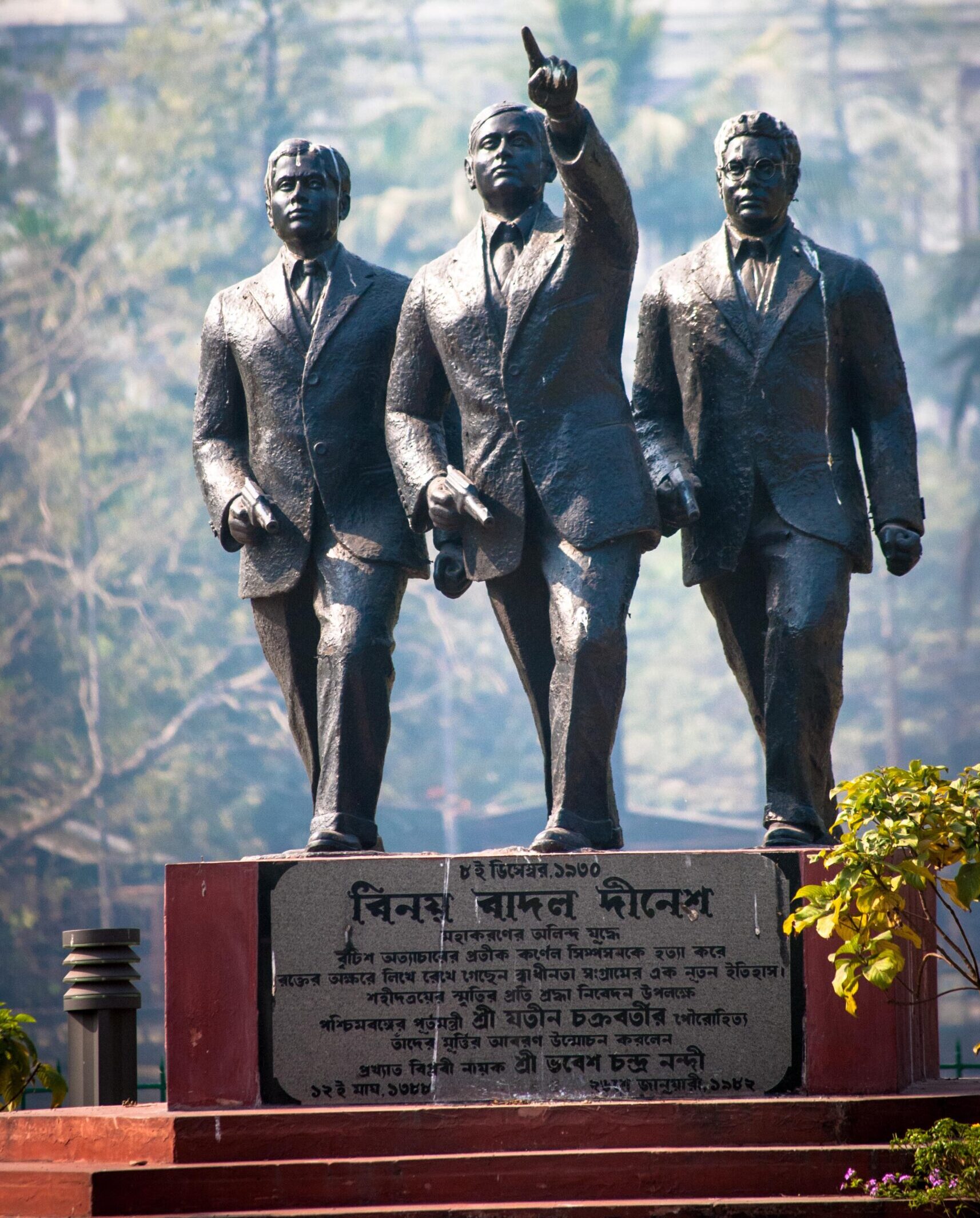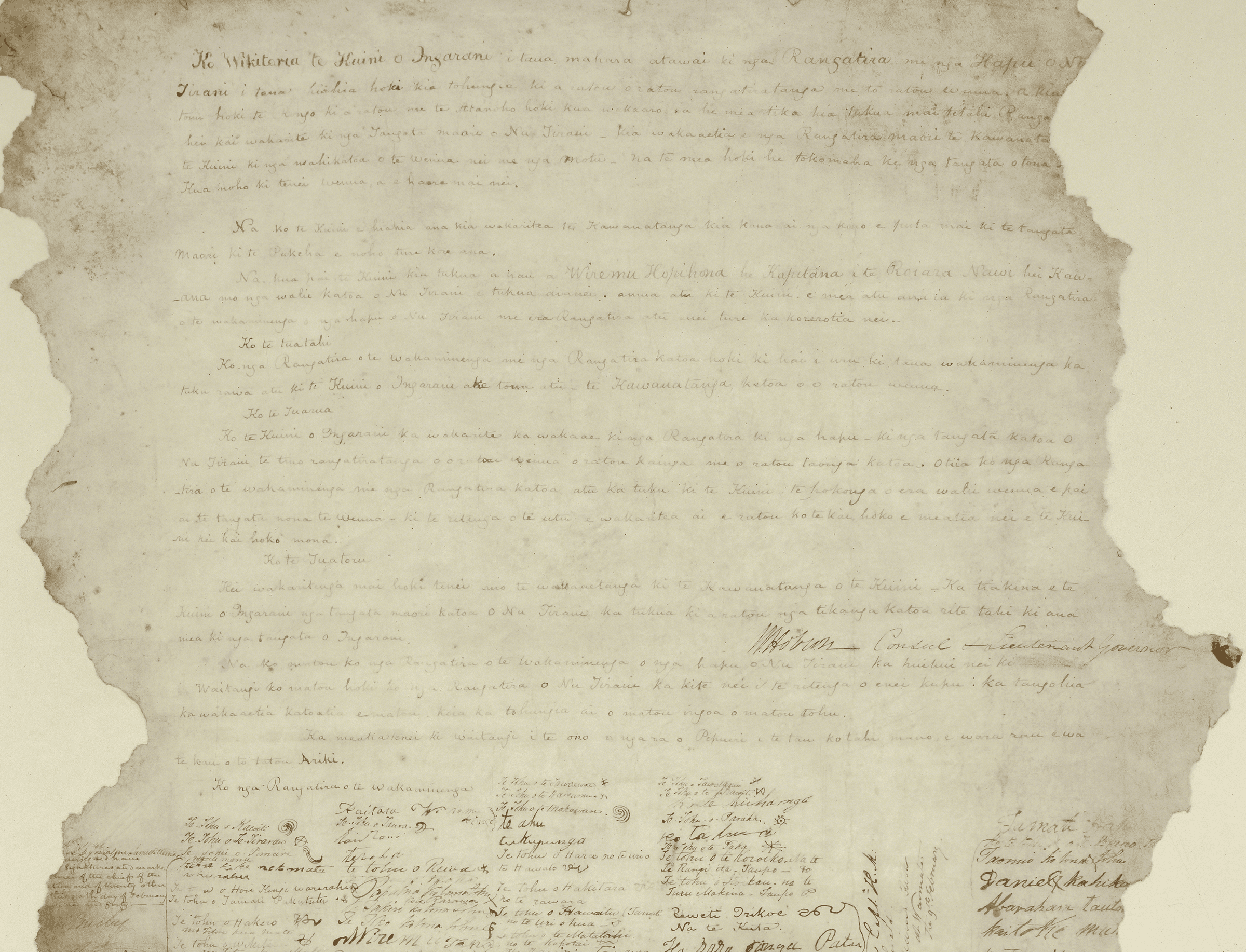There are a number of ways to think about the question posed to this panel. Though it is always difficult to evaluate the significance of an election, particularly so soon after the contest has finished, it is always valuable to begin the conversation and start grappling with issues that will challenge our colleagues and students for decades to come.
The first way to think about the question is to ask whether something happened that we have not seen before. These are some of the markers that we look for as historians, the facts and figures that fill up our text books and lectures.
In this case, the answer is easy: yes this is a historic election. Though we can and must debate any claim about having entered a period of “postracial” politics, we must not ignore the basic fact that the nation, born with slavery, has made a historic democratic decision—to place an African American in the White House. This decision will be added to a list of milestones: the first African Americans to become congressional Representatives and Senators, the first woman elected to Congress, the first Asian American elected to Congress, the first Catholic-American to win the presidency, the first female and first Jewish vice presidential candidates and so on.
The second way to approach the question is to ask whether the election has helped to create a genuine opportunity for change to occur. This does not mean that we will see major change, but that the possibility exists. If we agree that one of the major areas of struggle in contemporary U.S. politics has been between the conservative movement that emerged in the 1970s and liberalism, as expressed through the Democratic Party in its post-1960s condition, then it is possible to again answer that, yes, this is historic.
The conservative movement has entered a moment of true crisis. First, the leadership of the movement is discredited. The historically low popularity rates of President George W. Bush, the collapse of the Republican congressional leadership in the 2006 midterm elections, and the lack of prominent voices from the right have created this situation. Bush can easily become to Republicans what President Jimmy Carter has been for Democrats in the political arena—a symbol of the failures of a particular political perspective when faced with the challenges of governance.
The second is the problem of discredited policies. The dramatic collapse of the financial and housing markets, as well as the crises in key industries like automobile manufacturing, has raised serious questions among many Americans about the effectiveness of several core conservative policies: tax cuts, deregulation, and unrestrained free trade. The use of government by conservatives between 2002 and 2006, when the GOP controlled all branches of government, likewise made it difficult for a Republican to champion the cause of cutting government as the best course of action. The problems in the Middle East, Afghanistan and Pakistan, as well as fragile stability of Iraq, has reduced support for the ideas behind the Bush Doctrine, a doctrine about preemptive war and the aggressive use of military power that is rooted in conservative ideas from the early Cold War period. Finally, the internal divisions of the GOP have become greater than the ideas and persons holding the movement together.
At the same time, liberalism is in much better shape than it has been since the 1960s. Organizationally, the Democratic Party emerges from this election stronger than ever before. Progressive activists have been able to replicate much of the success that conservatives accomplished in the 1970s. The “net-roots” has created a sophisticated information network to counteract Republican attacks and spread progressive ideas. Liberals have established think tanks such as the Center for American Progress that compete with the Heritage Foundation and the Cato Institute as well as media outlets such as Air America, even reaching into major news outlets through channels like MSNBC.
Ideologically, liberals have also coalesced around a series of ideas focusing on achieving middle-class security. As Michael Kazin and I recently argued, if the 1930s focused on building a middle class and the 1960s on expanding the middle class, the current Democratic agenda revolves around establishing some kind of economic security, in the short term and long-term, for the middle class that has been weakened as a result of economic and political trends in recent years.
But an election that creates a moment for opportunity is different from an election that actually meets the criteria for the third kind of historic election—one that moves the nation from one period into another. Is this really like 1896, 1932, or 1980? Will it be followed by an election that confirms realignment has taken place—such as in 1936? Or, will the election look more like 1952, when Republicans temporarily gained control of the White House and Congress only to lose that grip by 1954 (in Congress) or the election of 1972 which was followed by a historic downfall as a result of Richard Nixon’s corruption?
On the third question it is too early to know if 2008 was historic. There are many reasons to think this election can be transformative and that the entrance of Obama will bring us to a new era. Before taking office, Obama has proposed some ambitious programs to stimulate the economy, including a public infrastructure program, that would be grander than most of what has come out of Washington in many decades.
But there are also many reasons to be skeptical about what kind of change is possible. For instance, during the transition period Obama has surrounded himself with a large number of centrists on economic and national security policy. On the foreign policy front, Obama retained Robert Gates as secretary of defense and placed Hillary Clinton, whose record on Iraq he criticized, in charge of the State Department. With the quintessential Clintonite Rahm Emanuel by his side as chief of staff, Obama has turned to an economic policy team right out of Robert Rubin’s shop, officials like Lawrence Summers Tim Geithner and Peter Orszag who are committed to the centrist approach of the 1990s, even though with some modification in response to recent years. Obama’s campaign platform was anything but radical and his insistence on placing middle class tax cuts at the center of an economic stimulus suggest that he is a child of the 1980s and 1990s as much as a product of his roots in community organizing. His early efforts to revitalize financial institutions were carefully crafted to avoid excessive intervention with managerial prerogatives, including matters such as executive bonuses.
As many commentators have said, Obama also takes office at a time when there are a great number of constraints on his ability to act. The fiscal obligations that already exist and the number of immediate crises that he faces will make it more difficult, politically and budgetarily, to embark on new initiatives. Some of his bolder ideas on the environment might be left to later, when his momentum will have likely diminished. The fact that many of the economic challenges facing the nation are global (as Alan Brinkley pointed out in his presentation), makes it difficult in certain areas to find domestic-based solutions that will really have an effect.
There are also problems facing the nation that are rooted in deep, structural forces that simply cannot be transformed by an individual political figure. The causes of partisanship, for example, are rooted in demographic changes that have been taking place within the electoral base of each party for decades, the nature of the news media, the gerrymandering process, and the organization of congressional procedure. The role of private money is unlikely to subside given that this was the most expensive campaign in history. Moreover, Obama’s decision not to take public funds further undermined the system put into place in Watergate. Both these factors increase the chances that interests groups and lobbyists will thrive in coming years. Is it really possible to advance bold change when the same organizations are paying your bills?
It would also be short-sighted to ignore what historians have learned about liberalism in the period between the 1930s and 1960s. Even during what Sean Wilentz has called the “Age of Reagan,” from the 1970s through today, conservatives discovered once they were in power that it would be extremely difficult to undo many the changes that had been brought about in the “Age of Roosevelt.” Policies such as social security and farm subsidies proved to be extremely popular even as Republicans spoke about eliminating government. Liberal values continued to influence the citizenry, in red states and blue states. Conservatives were not able to simply dismantle the existing government when they were in Washington. Rather they settled on fighting to reorder priorities and constraining the rate of growth for federal programs, with some exceptions such as AFDC. Without question, the Democrats currently in power will not be able to overturn all of the ideological and policy changes that came about from the conservative movement.
So the answer to the theme of this panel depends on the question that we are asking. With the first two approaches, it is possible to see the outlines of an answer. With the third, we must think of this as the start of a conversation, one that will continue in our text books for decades. I will conclude with a quote from Thucydides, repeated by Arthur Schlesinger Jr. in a 1967 defense of contemporary history, when he stated that his writing was based “partly on what I saw myself, partly on what others saw for me.” As a historian of contemporary politics, I hope that the vibrant discussions and intense interest in this election will stimulate more historians to tackle the challenge of analyzing recent events in broader perspective rather than joining in only after journalists and other writers have begun the conversation for us.
Julian E. Zelizer is a professor of history and public affairs at Princeton University’s Woodrow Wilson School. His new book, Arsenal of Democracy: The Politics of National Security—From World War II to the War on Terrorism, will be published this fall by Basic Books.


